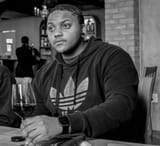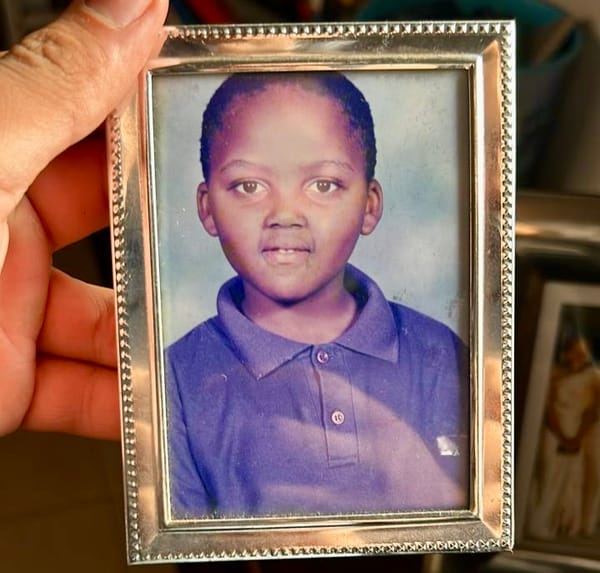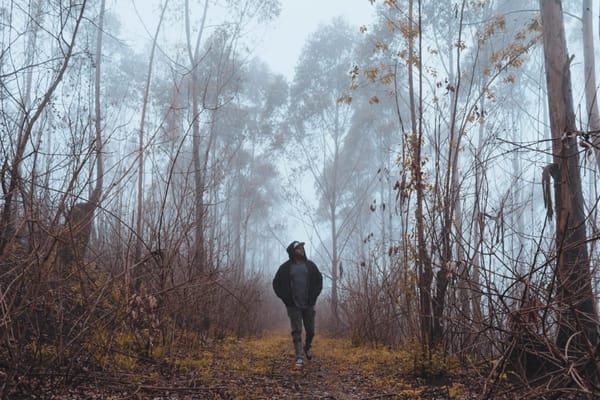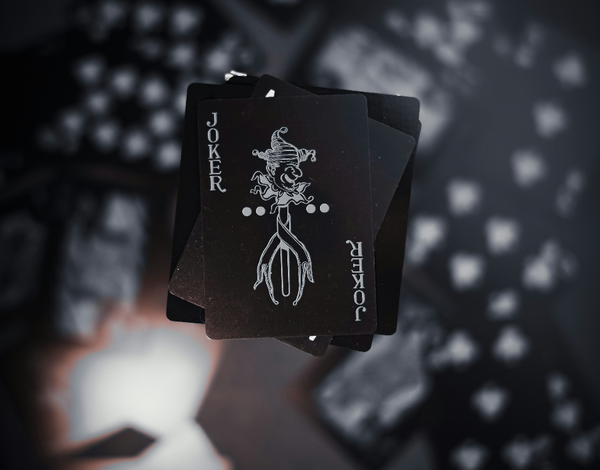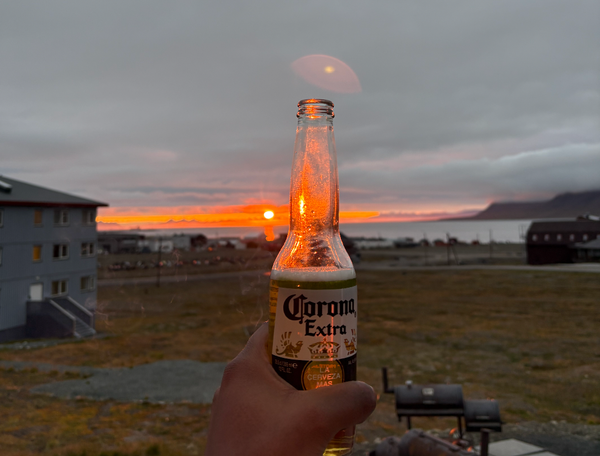How Does That Make You Feel?
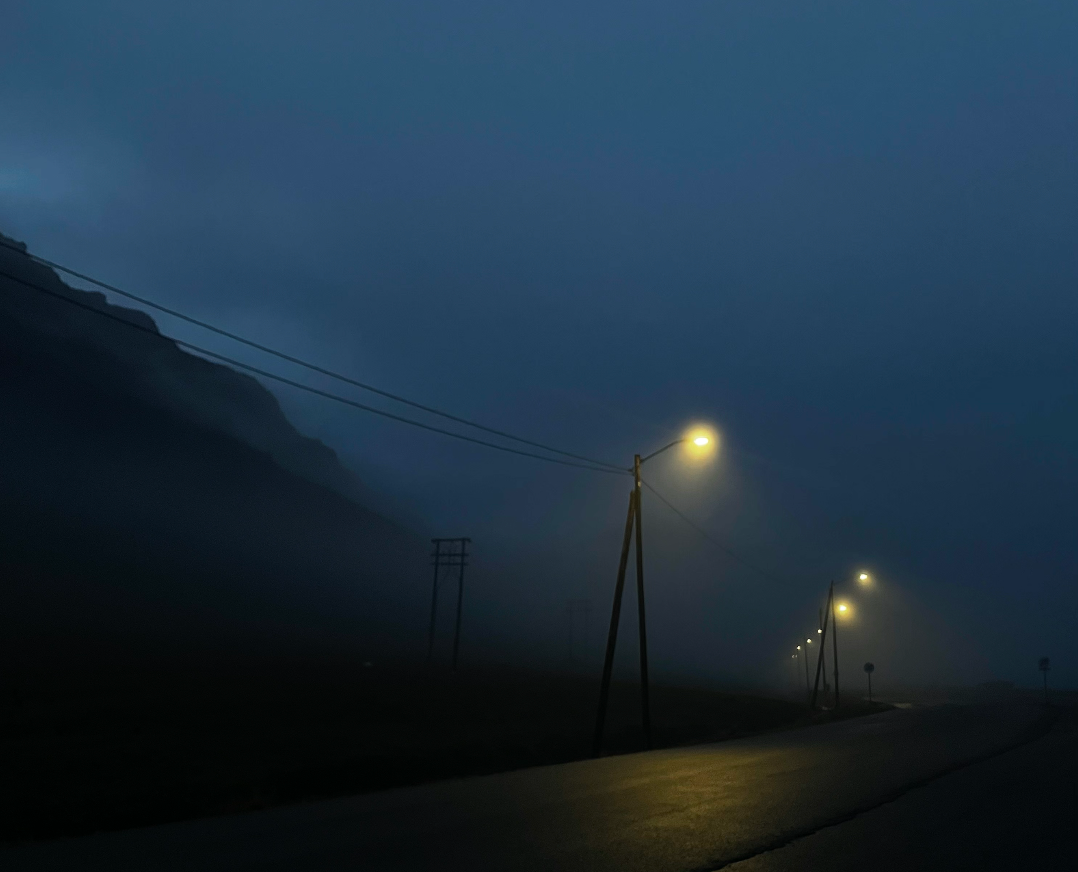
“And…? How does that make you feel?”
“And, HOW, does that make you feel?”
“And how does that make you feel?”
“And how does that make you feel?”
“And how does that make YOU feel?”
“There are days when my brain doesn’t just remember — it replays.
My body joins in.
Muscles tense.
Breathing shortens.
And suddenly…
I’m there again.”
Not metaphorically. Physically.
And before I know it, I’m no longer an almost thirty-something and safe — I’m a child, bleeding, begging, surviving.
So here’s what I’ve been learning — slowly, clumsily (admittedly) — about getting out of that state without pretending it never happened.
Understanding the Parts, the Anger, and the Fire
I think where my resistance to this whole ‘trauma therapy’ and ‘unblending’ — as my psychologist puts it — thing comes from is that, when those parts take over, there’s no decision being made.
My body just responds.
It’s not like I choose to let them in.
If I’m in danger — I evade.
If someone near me is in danger — I protect.
And neither of those things feel optional.
They just… happen.
When it’s over, I’ll either remember every single thing that happened but none of what it felt like — or I’ll remember every feeling vividly, but not what actually happened.
It’s one or the other.
Like being present and absent simultaneously.
For example, once, a taxi tried to overtake another car on a blind bend, straight into my lane. There was a passenger with me. I remember seeing the headlights, and then… nothing. The next thing I knew, we were somehow on the other side of it. My passenger was panicked, and I was calm. Too calm. But I genuinely didn’t know how we’d survived it. My body reacted faster than my brain.
That’s what this ‘blending’ feels like to me.
It’s not metaphorical. It’s embodied.
Psychosomatic...
Now, about anger.
It’s a big one for me.
I inherited my anger.
It’s not mine to bear, and yet…
It takes almost nothing to piss me off, but it requires a calculated, sincere shit ton of effort to make me actually react.
And even then, the dog in me barks, he doesn’t bite — though he can.
However, like Cerberus, once I do, something primal and ancient wakes up.
In its constant, background state, my anger’s like a small rock in my shoe — annoying but tolerable.
But if I feel trapped, cornered, or disrespected — like someone’s trying to reduce me or humiliate me — it flares up.
Full force.
And when it does, the worst part isn’t the outburst itself — it’s the shame that follows.
Because nothing frustrates me more than losing control.
Except one thing: remembering when I saw my mom’s bruises and I did nothing.
Yes, I was a child. Yes, there wasn’t much I could have done.
But when you’re a kid and the world’s on fire, “doing nothing” doesn’t feel like an option.
“If there’s nothing you can do, but you can’t do nothing, you do what you can.”
And I did nothing.
At least that’s how it feels.
That’s the root.
That’s where the anger began — not as rage, but as grief and helplessness pressed into the shape of fire.
Every time I feel cornered now, that same fire rushes in to stop history from repeating itself.
It’s a trauma-calibrated system for maintaining autonomy and dignity — anger as both a shield and a signal.
But it’s also my greatest source of shame.
Because when the fire takes over, it drags me right back into the same helplessness I swore I’d never feel again, and begs of me the violence I was raised in and swore I’d never mimic.
That’s where I finally start to understand what “unblending” is really about.
And there, somewhere in the chaos and contradiction between the absolute and unbending resolve to self-preserve, survive and thrive, by any means necessary, and my unwavering hatred for violence… I’m forced to accept that part of myself lingers.
Somewhere in the shadows of my mind…
Tense.
Quiet.
But ready.
“Unblending” — A mindfulness-based process in which an individual consciously separates their present-day sense of self from trauma-related parts that carry overwhelming emotions, memories, or impulses, allowing the adult self to observe and respond rather than react. (Fisher, J. 2017. Healing the Fragmented Selves of Trauma Survivors: Overcoming Internal Self-Alienation. New York: Routledge.)
It’s not about pretending those parts don’t exist — it’s about recognising that they do, and that they’re trying to protect me the only way they know how.
They were born in war.
They don’t know peace.
And that’s where I find my unlikely guide to understanding: Uncle Iroh.
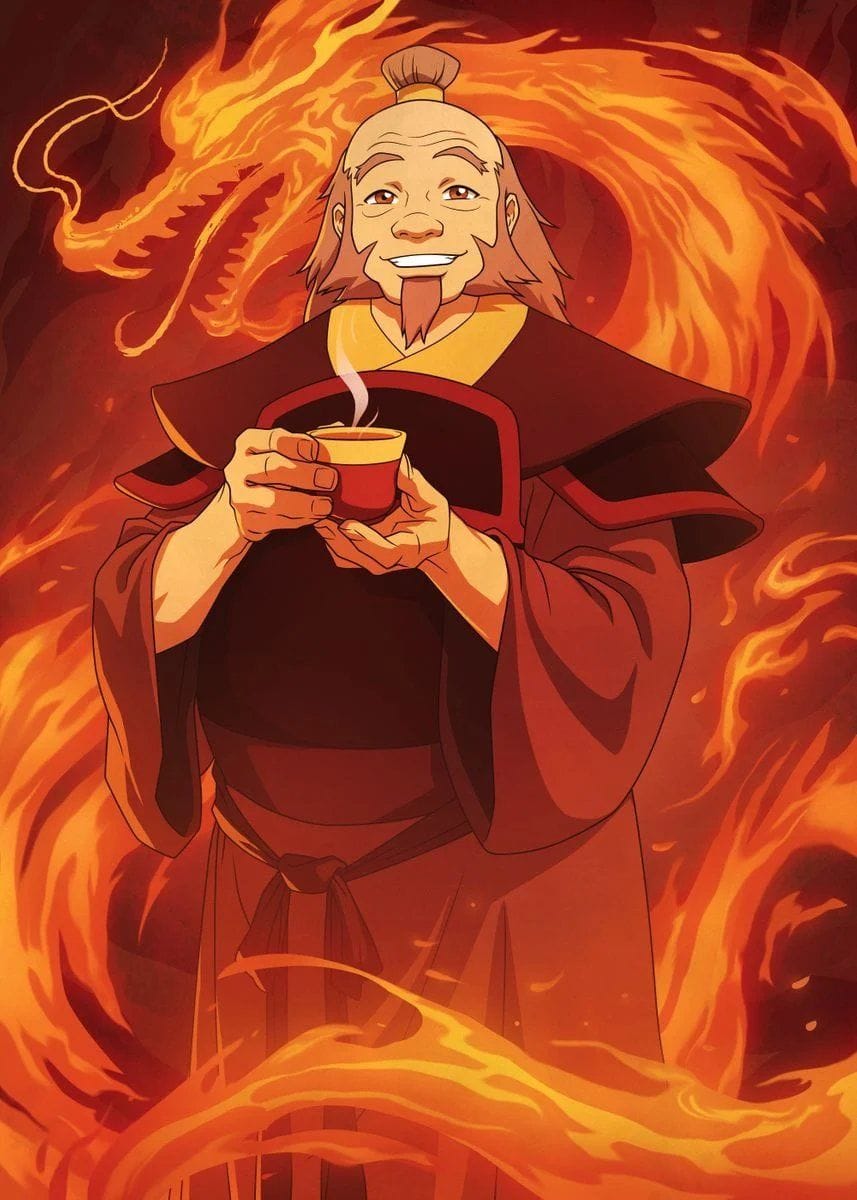
He was once a general — powerful, feared, commanding — until he lost his son.
That loss broke him open. He relinquished his position, his status, and his destiny as heir to the throne, and walked away from everything. Years later, when we meet him again, he’s not leading armies anymore; he’s making tea, teaching patience, offering wisdom.
But he didn’t destroy his fire — he learned to bow to it.
The same flame that once destroyed cities now boils his water, warms his friends, and guides his nephew.
He didn’t become peaceful by erasing his power — he became peaceful by giving it purpose.
That’s the shift I’m trying to reach — from controlling the fire out of fear, to honouring it out of understanding.
To say:
“You kept me alive. You fought for me when no one else could. But I’ve got it from here.”
It’s not forgiveness as a concept. It’s forgiveness as a relationship.
Between who I was, who I became, and who I’m still becoming.
And maybe that’s what unblending really is — learning to hold space for both: the part that fought the war, and the part that wants to come home.
And hopefully…
Finally…
Rest.
